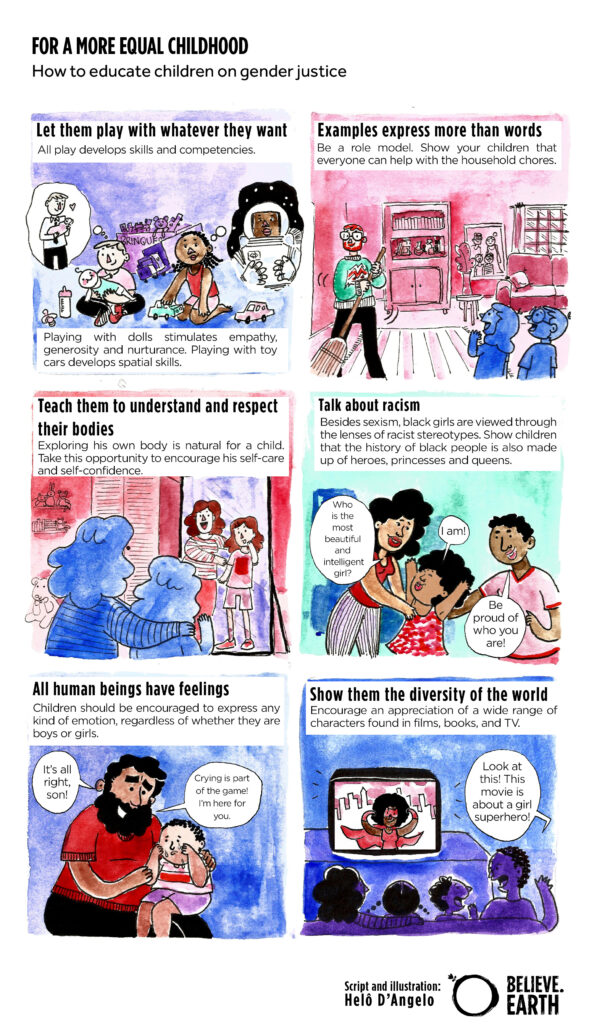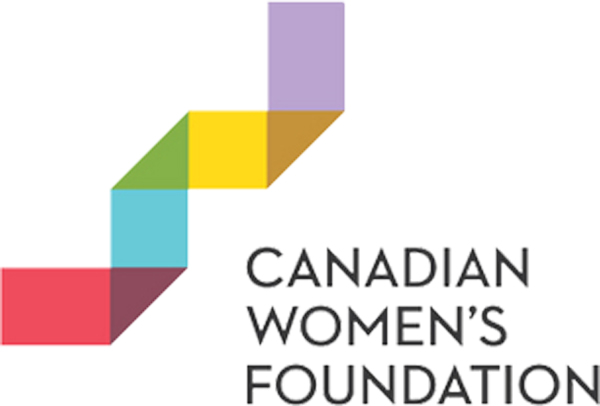Today’s youth are much more knowledgeable about social justice. As a parent, it’s important that we have a better understanding and are ready to “unlearn” in order to learn!
On this page:
- About feminism
- Teaching children and youth about gender equality and feminism
- Gender equality in everyday conversations
- Breaking down the double standard
- Get involved
About Feminism
Feminism: an advocate for women’s rights and interests, seeking the political, economic, and social equality of the sexes.
Intersectional Feminism: including and listening to all women in feminism, recognizing that some women will be more disadvantaged than another due to their race, class, ethnicity, religion, and sexual orientation. *Trans women are women too, and they must be included in our intersectional feminism as well.
Teaching Children and Youth about Gender Equality and Feminism
- Gender equality starts at home: seven tips for raising feminist kids
- How I’m raising kids who believe in gender equality: A mom’s incredible journey
- A guide on gender equality for kids: how to teach kids about gender bias and discrimination
- Teaching kids gender equality and respect

Gender Equality in Everyday Conversations
Mansplaining:
“To comment on or explain something to a woman in a condescending, overconfident, and often inaccurate or oversimplified manner.”
Consider:
- Do you actually know what you’re talking about?
- Do you actually know how much the woman you’re talking to knows about the subject?
- Are you trying to prove something about your masculinity?
- When she talks, are you actually listening to what she’s saying?
- Are you talking about your experience, or explaining her experience to her?
Sources: Oxford Dictionary; Five Tips for the Mansplainers in Your Life, Jezebel
Good statements for women to practice:
- “You interrupted me.”
- “Stop ignoring what I’m saying.”
- “I already know that.”
- “That isn’t funny.”
- “That’s not appropriate.”
- “You’re making me uncomfortable.”
- “You don’t need to be this close to me.”
Breaking down the double standard
- Men are seen as “leaders” while women are seen as “bossy.”
- Men are seen as “passionate” while women are seen as “emotional.”
- Men are seen as “confident” while women are seen as “bitchy.”
- Men with goals are applauded while women with goals are seen as “too ambitious.”
- Men with standards are desirable while women with standards are “high-maintenance.”
It’s time to change the narrative, and we can start by changing the way we talk about womxn.
Women bring a different perspective to the workplace that is important and relevant. We don’t want women to be like men. That’s not what we’re fighting for. We’re not just fighting for women to put on suits and to don the habits and perspectives of men to be accepted as leaders. No, we need that feminine energy, that perspective, that approach.”
– Michelle Obama podcast, Working Women, Sept. 9, 2020
Language: Womxn and womyn
Womxn was formerly used as a more gender-inclusive term, to include transwomen, non-binary and intersex folks. However, using it to include them is, in the end, more exclusionary, as it’s creating yet another term for them and separating them from the term women.
Womyn can be used as another term to avoid the sexism associated with the suffix of -man and -men. These masculine terms are always used as a default in language, and the word woman can been seen as a variant of the word, frustrating feminists and their allies.
Get Involved

The Canadian Women’s Foundation is Canada’s public foundation for diverse women and girls.
We focus on women and girls because they face distinct barriers that require distinct solutions and because gender equality improves economic and social conditions for everyone.
The Girls’ Fund supports programs that give girls and non-binary youth tools to develop into confident, resilient people, right when they need this support the most. The Fund provides programs to build participants’ skills, gain mentorship opportunities, and deepen their self-esteem in safe spaces just for them.

Women’s Legal Education and Action Fund is an advocacy group that fight for women’s equality through law reform. LEAF branches run public education programs for youth, hold events on gender equality in their communities, and engage in law reform initiatives at the local level. Branches are largely volunteer run and are always happy to welcome new volunteers. LEAF Hamilton hopes to bring together feminists in the community who share a common goal of advancing gender equality through law.

